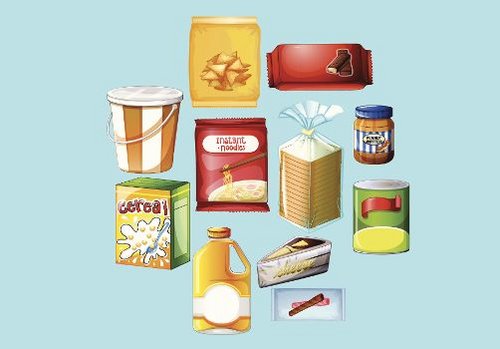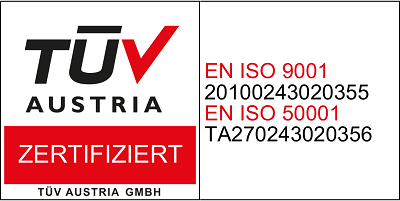
A recent Austrian study, reported by the German consumerorganisation Stiftung Warentest, found that 72% of tested canned chickpeas contained BPA (bisphenol A). Out of 25 products analysed, 18 tested positive – despite the new EU regulation 2024/3190, which has banned the use of BPA in food contact materials since 20 January 2025.
BPA, widely used in the linings of metal cans to prevent corrosion, has long been under scrutiny for its potential to disrupt hormones and pose risks to the immune and reproductive systems. The European Food Safety Authority (EFSA) and national bodies like the German BfR continue to stress that even low-level BPA exposure is a public health concern.
These findings show that regulation alone isn’t enough – we need stronger risk management, better testing, and safer alternatives. That’s why the upcoming 14th International Akademie Fresenius Conference Residues of Food Contact Materials in Food on 6 and 7 October 2025 is more relevant than ever!
Key highlights:
• Regulatory & Risk Management: Updates on EU FCM legislation & migration testing for infant formula packaging.
• BPA & Genotoxicity: Fresh German BfR data on human BPA exposure, EFSA’s new styrene assessment, and new genotoxicity testing methods.
• Analytical Challenges: How to harmonise migration test procedures, and practical lab insights.
• MOH & PFAS: Latest on mineral oil hydrocarbons, PFAS alternatives in plastics, non-target analysis for PET recyclate, and innovative tools like SILIFOOD to support risk assessment.
Source: https://www.test.de/Kichererbsen-im-Test-Besser-nur-im-Glas-kaufen-6225091-0/





